|
From antiquity onwards - at least until fancy gadgets were invented - sailors have used the stars to guide them across the seas. In this celestial navigation, Polaris, or the North Star (which curiously is a system of three stars in one), has been by far the most important reference point because it indicates quite precisely which direction is north.
If we do not have something to guide us, we can get lost on the ocean. We can get even more harmfully lost in other ways in our journey through life. We all need a “true north” and a worthy destination to enable us to successfully navigate across the waters that we travel on. Far too many people drift along day by day in their routines with no purpose, no sense of meaning, no special direction and no goal. The dangers of losing one’s way are increasing. In post-modernist thought, there are no guideposts and no destination. Emotions supersede truth. Everyone’s values have the same worth as everyone else’s values. There are no absolute values and principles, because supposedly there is no Creator. Therefore, there are growing multitudes running around aimlessly, hollowly, hopelessly and completely lost. Anxiety and depression are skyrocketing. We need not flounder helplessly and aimlessly. God has sent us his son Jesus Christ. He has left us with the Holy Spirit to be our pilot. Through them, if we let them, we are guided through life to eternal salvation. In John 14:6 Jesus said, "I am the way and the truth and the life. No one comes to the Father except through me.” John 8:12 gives additional understanding: “When Jesus spoke again to the people, he said, ‘I am the light of the world. Whoever follows me will never walk in darkness, but will have the light of life’ ”. No greater clarity is needed. The physical North Star helps guide us where we want to go. But it is affected by precessional wobbling that causes it to change position about one degree every seventy-three years. In a couple of centuries, it will not show us where true north is. It is distant, inaccessible and slowly dimming. Most importantly, it does not assure that we have a worthy destination. In contrast, Jesus has eternal constancy. He not only shows us the way; He is the way. He is totally accessible if we let Him be. As we draw closer, His light grows ever brighter. In the physical world, lengthy periods of fog or cloud can obscure our view of the North Star and cause us to lose our way. The spiritual world is not free from the danger of getting disoriented. There are foggy teachings and treacherous currents of opinion and political correctness that can distort our understanding of scripture and affect our relationship with Jesus. There are idols, temptations and earthly riches that can distract us, drag us off course and get us hopelessly lost. As Paul exhorts in Ephesians 4:14, we must not be “infants, tossed back and forth by the waves, and blown here and there by every wind of teaching and by the cunning and craftiness of people in their deceitful scheming”. We must keep our eyes upon Jesus. Only in this way can we successfully navigate through life.
0 Comments
Each of us has a few old sayings we heard in our homes that stick in our mind and come back to haunt us years later. Do you recall some you used to hear? I still hear my past reminding me, "Always clean up your plate!" "If a thing's worth doing, it's worth doing right!" Sound familiar? If you ask our children what they remember, they will not easily forget "Maximize your potential!"
Frequently after completing a responsibility, such as taking out the trash, we would ask: "Did you maximize your potential?" That became the standard for every responsibility. If grades were the issue, we weren't too concerned whether they were A's or C's. What we wanted to know was, "Did you do your best?" We eventually backed off this focus because it wasn't always understood. It was never our intent to send people on a guilt trip because they didn't always do their best at everything equally. No one has the time nor the ability to do everything; much less to do everything well. Maximizing your potential involves doing your best, taking into account your abilities, priorities, and time available. There are lots of things I have to do that I might do better if I had more time. Maximizing my potential means using the time I have effectively to accomplish what pleases God. The principle is true whether we’re talking about ministry or daily living. God wants us to do our best with the resources He has given us. He never holds us accountable for abilities He hasn't given us, nor for time we don't have. He asks us to be faithful in our use of the abilities He has given us (1 Cor. 4:1-2). In short, to maximize our potential. Jim Elliot said it well: "Wherever you are, be all there. Live to the hilt every situation you believe to be the will of God." David maximized his potential when he brought the ark up to Jerusalem. He committed himself totally to restoration of the ark and to the worship of Yahweh. Paul emphasizes the same point: "Whatever you do, do your work heartily, as for the Lord rather than for men; knowing that from the Lord you will receive the reward of the inheritance. It is the Lord Christ whom you serve" (Col. 3:23-24). Peter adds this perspective: "Whoever speaks, let him speak, as it were, the utterances of God; whoever serves, let him do so as by the strength which God supplies; so that in all things God may be glorified through Jesus Christ, to whom belongs the glory and dominion forever and ever" (1 Pet. 4:11). How about us? Are we maximizing our potential? Are we using the resources God placed in our hands for His glory? If we aren't, the question should prod us to action. If we are, it could put an end to a guilt trip we never should have taken! When the Israelites were at the edge of the Promised Land, as recounted in Numbers 13, the Lord told Moses to send twelve men to spy out the land, one leader from each of the twelve tribes. So, these twelve went up and hiked all over the mountains, valleys, and plains of the land. They found that it was lush and fruitful, just as the Lord had promised. They also saw large, fortified cities and tall, powerful people living in them, descendants of Anak, who are sometimes referred to as giants. After forty days, they went back to report to Moses and the Israelite community.
They reported the good and the bad, the desirableness of the land and the considerable strength of the people who lived there. Then came the recommendations. The majority of the spies, ten of them, “spread among the Israelites a bad report about the land they had explored (v. 32),” saying that the inhabitants of the land were bigger and stronger than the Israelites and that they could not be conquered. Two of the spies, Caleb and Joshua, recommended going forward, because the Lord would give them the land he had promised, despite the perceived difficulties. What effect did the reports have on the community? As often happens, they listened to the majority. Ten spies were advocating fearful retreat. Only two said they should not be afraid, that they could certainly take possession of the land, because the Lord was with them, protecting them and he was not with the people of the land. The bad report won out. The people cried and complained against Moses, were fearful for their lives and the lives of their children. They wanted to pick a new leader and go back to Egypt. How often are we like the ten spies, imagining every dreadful thing that might happen and spreading fear among others? Only two, Joshua and Caleb, reminded them of the Lord’s promise to be with them, to protect them, to fight for them and to give them victory. Granted, there are times when the Lord directs us not to proceed with a certain endeavor, and we would be foolish to go on with it. But when we know he means for us to move forward, may we have the courage to stand up for his word and not shrink back, even if we’re in the minority. Because of their rebellion, the Israelites endured forty years of wandering in the desert until all the adults, those who had been twenty and older at the time, died. Only the children they had been so worried about and Joshua and Caleb survived to enter and enjoy the land. It’s a lesson to think about in these days when we seem increasingly to have to choose between the supposed security and safety of the familiar or the accepted, and the courage to lay claim on what our Lord has promised, no matter what the perceived danger. When the next opportunity arises, will we be like the ten, or like the two? We are constantly provoked to be anxious, angry, bitter, resentful and depressed when listening to or reading the news. Day after day the headlines reveal the latest scandals, corruption, crimes, blatant political manipulations, power grabbing, fraud, outright lies and worse. Massive protests are organized to no avail. The perpetrators of evil deeds seem to be untouchable, getting completely away with their wrongdoings and living in luxury at the expense of helpless, ordinary, law-abiding citizens. What are we to do about it? There seems to be no justice.
In Psalm 37, David gives us guidance with some powerful words. He suffered all kinds of injustices. He had to flee into the desert and suffer starvation conditions to save his life. But he was a warrior who had led many victorious battles. He should know how to get revenge and obtain justice. So, what advice does he give us? It may not be what we expect. In verses 1-4 he tells us, “Do not fret because of those who are evil or be envious of those who do wrong; for like the grass they will soon wither, like green plants they will soon die away. Trust in the Lord and do good; dwell in the land and enjoy safe pasture. Take delight in the Lord, and he will give you the desires of your heart”. In verses 8 and 9 he further clarifies, “Refrain from anger and turn from wrath; do not fret — it leads only to evil. For those who are evil will be destroyed, but those who hope in the Lord will inherit the land”. True to these words, those who opposed David were destroyed and he was restored as king. As Christians, we must realize that nothing happens without the knowledge and consent of the Lord. We must have faith that He is in charge and He is just. As the Psalm indicates, justice will be served. It may be immediate and precipitous. I have personally witnessed two impressive cases where I have seen the Psalm come true when it did not seem possible. Or it may be served in an eternal scope which is the overriding scope we should all have. Instead of fretting, we should have pity on those who do evil. Our task is not to get revenge or be envious but to try to lead them to know Christ because without Him they will be destroyed. The price they will pay for their evil, corrupt ostentatious living during their fleeting existence on earth will be far greater than the temporal benefits they enjoy. Jesus gives us a stern warning in Mark 8: 36, “What good is it for someone to gain the whole world, yet forfeit their soul?” Meanwhile, we must also take Psalm 37 to heart for ourselves. We must steer ourselves away from the temptations that appear in our paths. I personally have “lost” two multi-million-dollar projects because I put zero corruption as a precondition. I do not regret it in the least. We must reject smaller temptations that crop up much more frequently. Little missteps on the wrong trail eventually lead over a cliff. We must concentrate on putting our hope in the Lord, taking delight in Him, doing good and enjoying safe pasture. He will take care of the rest. By doing this, we can be at peace whatever the circumstances. The Lord is close to the brokenhearted and saves those who are crushed in spirit, Psalm 34:18 (NIV). He heals up the brokenhearted and binds up their wounds, Psalm 147:3. The intimate comfort and heartfelt truth of these verses revived me one cold winter night many years ago.
My husband and I had traveled back home to South Dakota and were gathering with family. It was the first time we had seen this group of family since our baby died six months earlier. It felt like a normal gathering with laughter and food and wine. The loss of our baby was not brought up. It was safer to keep the conversations lighter and I understood that. As the evening went on though, I started feeling suffocated with sadness and loneliness. I didn’t want to spoil everyone else’s night so I quietly stepped outside for a while to be alone. There was no blanket of clouds that night so the stars were so bright and beautiful. I will always remember looking up at that brilliantly lit sky and pleading for Jesus to help me with the pain and loss and void in my heart. Despite the sub zero temperatures that night (plus not taking time to dig through a pile of coats to find mine), a warmth and comfort came over me that was indescribable. Nothing had ever calmed and brought me peace like this. It was like this big hug that enveloped me. My grief lifted more in that moment than it had in any other. What was it about this night that was different than any other time I had prayed for relief from my sadness? I think it was that I was alone and vulnerable and completely dependent upon Jesus. What I needed most in my grief was God Himself. He met me there and He filled the void that others and the words of others couldn’t fill. He lifted a wound that at times I thought I could not keep bearing. As 2 Corinthians 3:17 states, “Now the Lord is the Spirit, and where the Spirit of the Lord is, there is freedom.” Jesus did help break me free and provided an escape from my heavy burdened heart into a sweet fellowship with His Spirit. Just as John 14:16 states, “And I will ask the Father, and He will give you another advocate to help you and be with you forever.” I had a new understanding of how the Holy Spirit helper, comforter, intercessor lives in us and walks in our journey with us. My love for Jesus grew and my desire to know Him and call on His strength grew. I don’t know if I would have gone on a quest for a deeper relationship with Jesus had I not called on Him at such a low point in my life. With gratitude, I know now that we aren't left alone to handle our suffering. Even when we don’t have the words, Romans 8:26 reminds us, “In the same way, the Spirit helps us in our weakness. We do not know what we ought to pray for, but the Spirit himself intercedes for us with groans that words cannot express.” My prayer for the new year for all is that we make space for the Holy Spirit to breathe new life and hope and truth into whatever challenges and trials we may be facing. Not long ago we were anticipating the end of the twentieth century! People were anxious about Y2K and what it might bring. Those days passed without incident. That was an incredible century! More inventions and technological advances than in all the rest of history combined. At the same time, moral values degenerated on a scale never before witnessed.
Where will the world be at the close of this century? Where will our church, and we as individuals, be at the end of this year? Nobody imagined what the past year would hold. While we can’t know what to expect, it is a relief to know that our times are in the Lord's hand (Ps. 31:15). We can trust Him, no matter how frightening events seem. There has been no shortage of people with ideas about what to expect during our lifetime. Prophecies have come and gone without incident. I have a long list of “prophecies” concerning catastrophic events and the Lord’s coming. Many of God’s people have suffered disillusionment when prophecies didn’t happen as predicted. That shouldn’t surprise us. Jesus told His followers, “It is not for you to know the times or dates the Father has set by his own authority” (Acts 1:7). Evidence abounds that our Lord could come at any time. It’s appropriate for us to expect what God has announced, but God hasn’t announced the schedule of coming events. What God has announced is His purpose for His church: that we should be His witnesses (Acts 1:8). In the light of that purpose, we should be setting goals for ourselves. While I do not like New Years "resolutions," two thoughts impress me. Hopefully these personal goals mark my life. 2 Chronicles 16:9 affirms: "The eyes of the Lord range throughout the earth to strengthen those whose hearts are fully committed to him." Israel's leaders displayed less than total commitment to the Lord. That's a danger for all of us. I want Him to look at my life and find a heart totally committed to Him. A similar purpose is expressed in song: "May all who come behind us find us faithful." 1 Corinthians 4:2 asserts that our priority as God's stewards is to be found faithful. May those who come behind us find us faithful. Finally, I have some goals for our church. Most obvious is identifying the person God has chosen to become our next pastor. My spiritual "wish list" starts with the desire to see each person growing spiritually and thirsty to know Him better. Finally, I want to see each participant committed to ministry, using the gifts God has given us. Total commitment. Faithfulness. A new pastor. Individual spiritual growth, thirst for the Lord, and participation in ministry. That’s plenty to work on during the coming year, or a lifetime! If the Lord chooses not to return during the coming year, I pray these traits will mark each of our lives and authenticate God's work in us. If He does come, it's all the more urgent! "Even so, come, Lord Jesus!" It is New Year’s Resolution time. As the new year approaches, we have the tradition of resolving to put our bad habits, repellant deeds and vile behaviors in the past and do something new, better and more commendable. We seek to have a new beginning.
In the past when I tried to put my resolutions into practice, I found that it was not easy. Those declarations I had proclaimed with great determination soon started slipping towards the sidelines and eventually they faded away unfulfilled. I fell back into my old routines until I passionately proclaimed another set of eventually-unachieved resolutions as the next New Year drew near. Perhaps others are like me. I had the wrong focus. I was directing my attention to a haphazard calendar date. I learned that when we try to do things our way through our own efforts we are bound to fail. The only way we can truly have a new beginning is through Jesus Christ. He provides us with the only regeneration that really matters. Jesus has given us a new covenant through his death on the cross in atonement for our sins and resurrection on the third day. Through Jesus we enter a new creation as is mentioned in 2 Corinthians 5:17: “Therefore, if anyone is in Christ, the new creation has come: The old has gone, the new is here!”. By accepting Jesus as our Lord and Savior with our mouths and with our heart, we receive the baptism of the Holy Spirit. We are reborn. That is a new beginning indeed! In John 3: 5-6 (NIV): Jesus says “Very truly I tell you, no one can enter the kingdom of God unless they are born of water and the Spirit. Flesh gives birth to flesh, but the Spirit gives birth to spirit”. Romans 8: 1-2 describes the immense importance of this rebirth: “Therefore, there is now no condemnation for those who are in Christ Jesus, because through Christ Jesus, the law of the Spirit who gives life has set you free from the law of sin and death”. We leave the realm of the flesh and enter into the realm of the Spirit. We are set free from being slaves to sin. What a glorious new beginning that is. Fortunately, we do not have to wait until the New Year to make the resolution to accept Jesus. He is waiting for us patiently and lovingly for us to do that at any moment. Once we accept him the reward is eternal. Being humans, our minds wander and lose their focus on God. Personally, I tend to get distracted. It is easy to become enticed by the temptations that surround me. My human resolve is weak. So, it is useful for me to try to strengthen my relationship with Jesus, to build my trust in him and seek the guidance of the Holy Spirit not only each New Year but starting each new day. Each morning, in a sense, is a new beginning. When I do this faithfully, and let the Spirit take charge, it is my need to make New Year’s resolutions that tends to fade away. Secular Christmas songs and greetings often urge us to be happy or merry: We Wish You a Merry Christmas, Have Yourself a Merry Little Christmas, Happy Holidays. We look forward to the pretty lights and upbeat music every year, but tire of it after a month or two. It delights us for a while, but it can't sustain the level of contentment that we seek. When we understand the true meaning of Christmas, however, our focus changes from happiness to joy- true, lasting joy.
Jesus talked about full or complete joy, the kind that endures. To those who belong to him he says, “Ask and you will receive, and your joy will be complete (John 16:24),” and prays, “that they may have the full measure of my joy within them (John 17:13).” Apparently, he was talking about a kind of joy that is so deep and permanent and all-encompassing that, come what may, we will never be without it. In John 16:22 he said, “…and you will rejoice, and no one will take away your joy.” Joy is a characteristic that makes Christians different from those who have no hope. What about adverse circumstances? Paul sang in jail. If we have the Spirit of Christ, and we do if we belong to him, then joy is one of the fruits that comes with the presence of that Spirit. Perhaps it falls to us then to choose to rejoice. Paul said we should always rejoice in the Lord, because the Lord is near (Phil. 4:4,5). The nearness of the Lord is the reason we can rejoice. Not that we don’t get sad, and weep and grieve. A sickness, a disappointment, a frustration, an injustice, or a loss descends on us and we are affected, sometimes crushed, but the Lord taught that we need not succumb to it. He speaks of an underlying joy that will see us through it, and this comes from being near Him. In praying for believers, Jesus talked about our unity, with each other, with him, and with the Father that we should all be one in complete unity. Wouldn’t that, then, make available to us the kind of joy in question? The ultimate complete joy is truly knowing the Father and the love that he and the Son share. In the last recorded prayer of Jesus, before he went to the cross, the last thing he said was, “ I have made you known to them, and will continue to make you known in order that the love you have for me may be in them and that I myself may be in them (John 17:26).” Real joy, then, must depend on getting to know the Father and on being one with the Lord. We rejoice because the Lord is near. For the prophets, it was on the way. They were looking and waiting for it. For us, it is here. He is here, his Spirit living in us. We commune with him. We still look for, wait for the day when we will see him as he is, but in the meantime, we have his presence within us, a deposit, guaranteeing what will be ours when he comes the next time. So, whatever our circumstances, because of his presence, we can still choose joy. The spirit of the Lord GOD is upon me, because the LORD has anointed me; he has sent me to bring good news to the oppressed, to bind up the brokenhearted, to proclaim liberty to the captives, and release to the prisoners. (Isaiah 61:1 NIV)
Most of us await Christmas with high expectations. We love getting together with family, remembering great times, and for those of us who live in Guatemala, waiting for the fireworks at midnight. We love the Christmas carols, the church service, and many other things. All of that is fun and beautiful. No wonder the expectation of this time of the year is so high. Simultaneously, the holidays are also a time of mourning and remembering. In many cases, we remember loved ones who have passed and have left an empty place in our lives. Those who come from dysfunctional families may not look forward to being with relatives. Even more so, Christmas can be a time of the year when many people feel extremely lonely. When we look at Scripture, the coming of Christmas occurs during one of the worst times in the history of the people of Israel. Christmas starts to approach after four hundred years of silence, after God has kept apparent distance from Israel. Christmas approaches slowly as people grow desperate. Israel is under oppression. They have fallen in the hands of the almighty Roman Empire. Right before the birth of Jesus there are rebellions, social unrest, and violence. Does that sound familiar? This year has been quite strange. In many cases, we have been quite isolated. Some of us have not seen our families. Some of us have lost people we loved either to the pandemic or other causes. Funds that were to help the poor amid the pandemic are often delayed, misused, or not seen as sufficient. It is amidst strange and turbulent times that Christmas approaches. The second week of Advent, which we started on Sunday, is a week of preparation. We hear the voice of John the Baptist preparing the way for the arrival of the Son of Man. This preparation, however, is not the triumphant arrival of a king, but of one who would fulfill Isaiah 61:1. As we await the celebration of the birth of Jesus, we are reminded that when Jesus came, he shared in our pain, mourning, and suffering. God became Immanuel, God with us, with the purpose of bringing good news to the oppressed, healing our brokenness, freeing the captives, and releasing the prisoners. Yes, 2020 has been a hard year for many. However, our hope lies in the coming of Jesus to be God with us. |
UCG Writers GroupThe writers group exists to provide hope and guidance through God's word. Archives
May 2021
Categories |
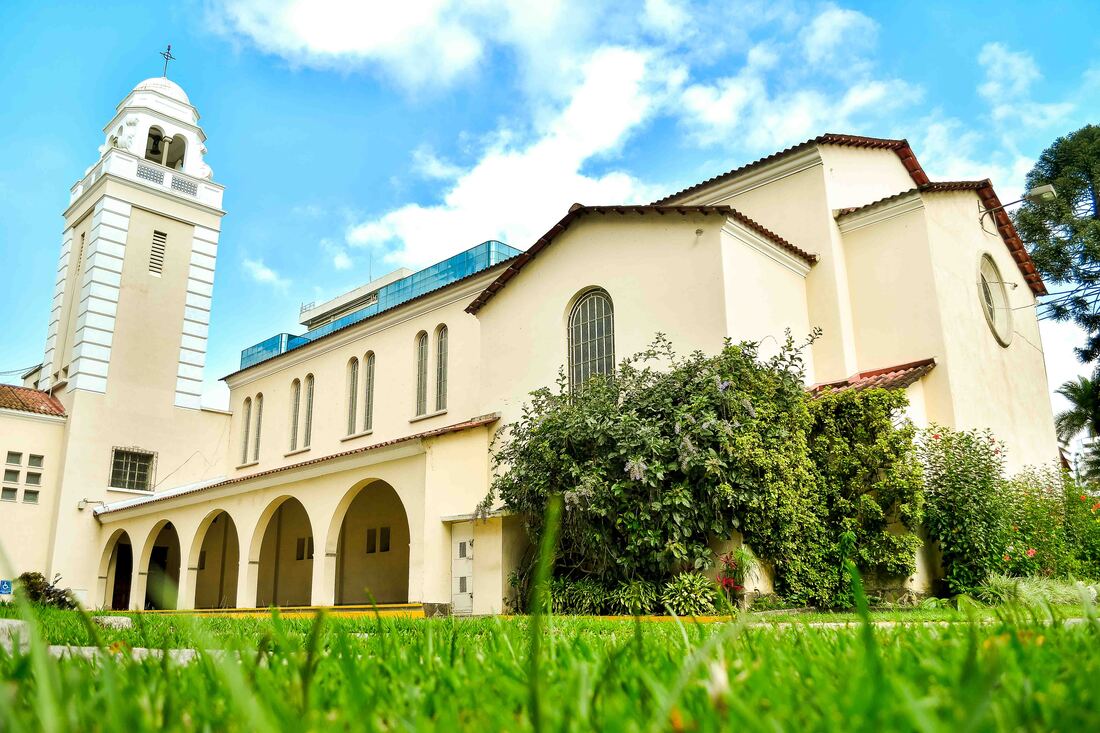
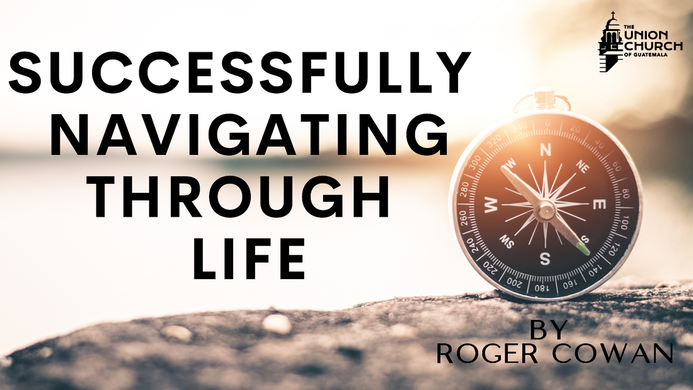
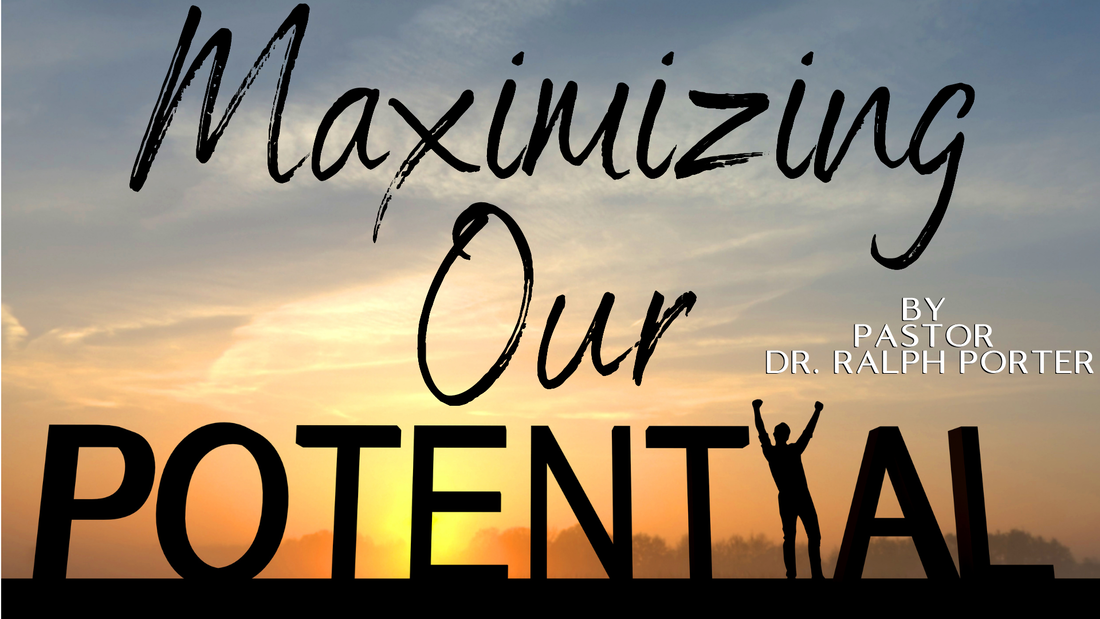




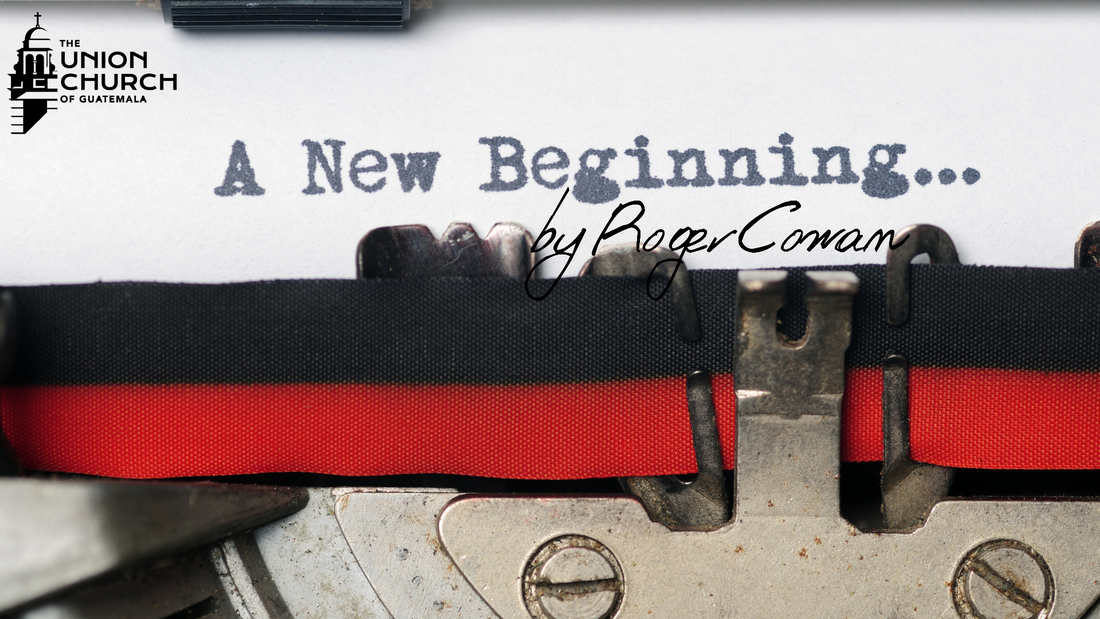
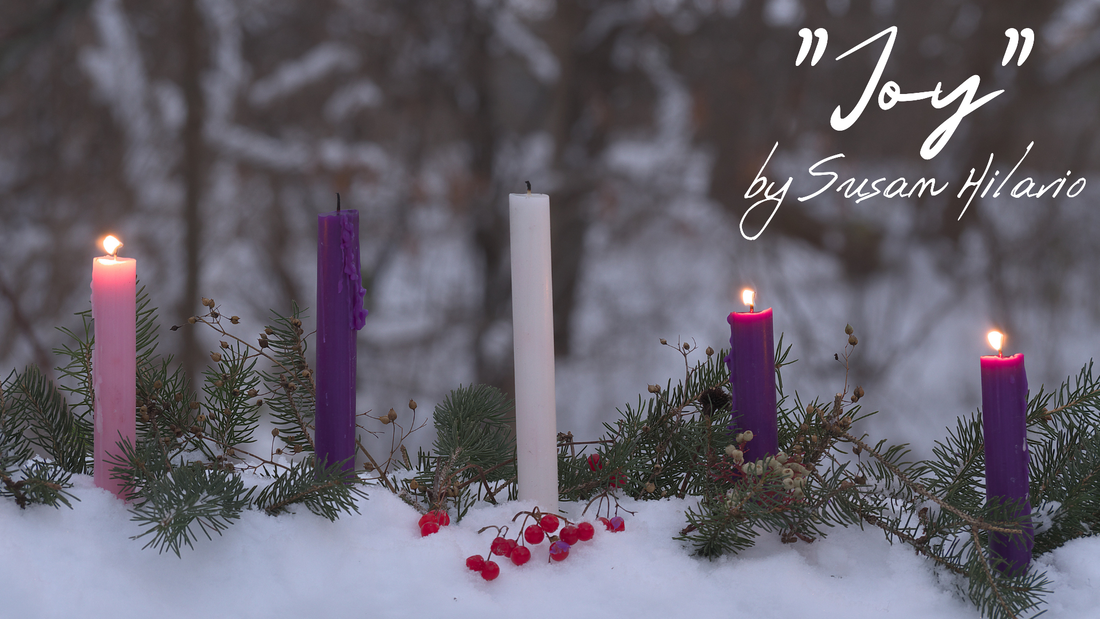
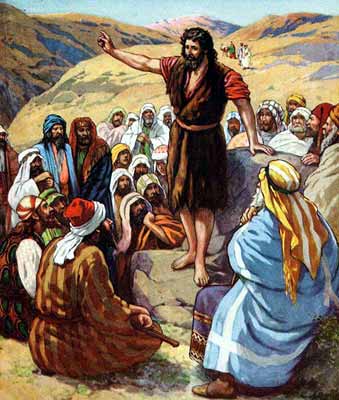
 RSS Feed
RSS Feed
